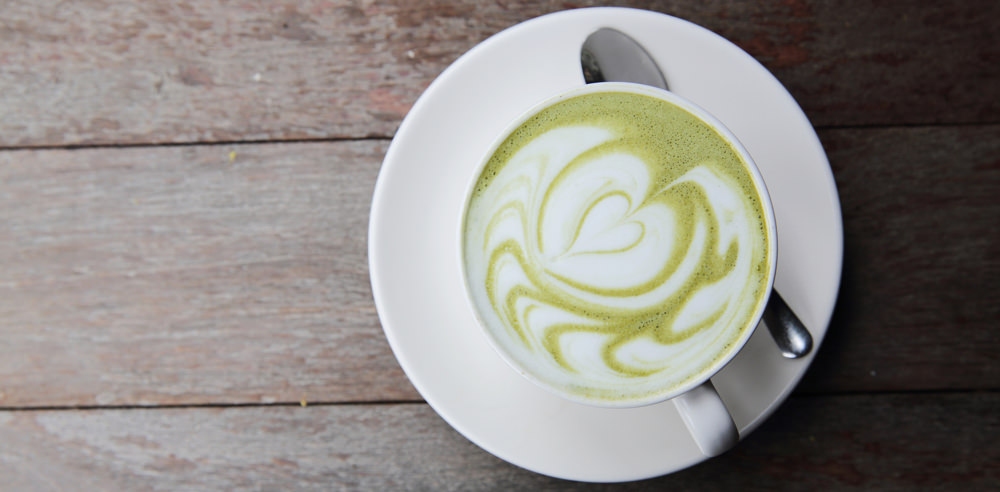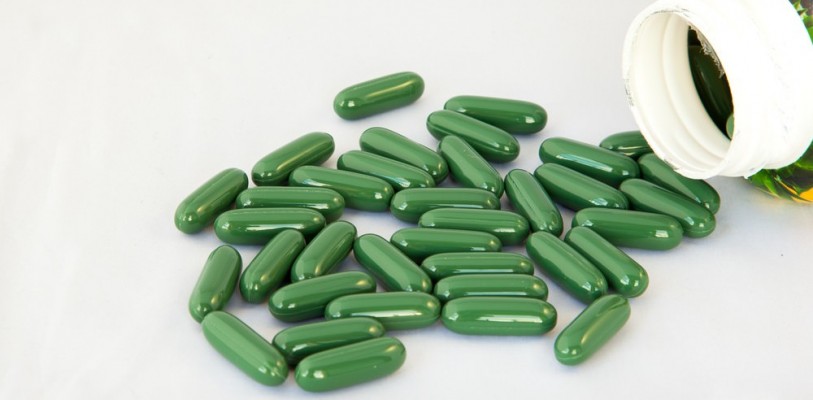
Are you drinking green tea with milk? If so, you may not be getting as many health benefits as you think. That delicious green tea latte served with steamed milk from Starbucks may be smooth and creamy, but it may just be another sweet drink and not contain all the healthful properties of green tea.
If you are drinking green tea for its health benefits, then adding milk may not be the best idea.
Green tea and milk when consumed separately has been shown to promote weight loss by increasing metabolism, calorie burning, and fat oxidation.
However, when the two are consumed together, the protein in the milk inhibits the positive effects of the green tea, such as diet-induced thermogenesis (the amount of energy used as your body digests food).
Researchers have found that weight reduction and weight maintenance is not achieved when green tea and milk are consumed at the same time.
Casein, the protein found in milk, forms complexes with the flavanols in tea (including black tea). It binds with the flavanols and reduces the amount of antioxidants available to the body. This process makes the catechins and antioxidants unavailable to the body and reduces the green tea’s health benefits.
Further research needs to be done, but it is possible that you might be reducing the health benefits of your green tea by putting milk in it.
If you are drinking green tea only for your health, it’s probably better to drink it straight, in order to preserve its health benefits. However, if you only like green tea with milk, I wouldn’t stop drinking it altogether. Even though the health benefits are reduced, it’s better than not drinking green tea at all!
Arts, M. J., Haenen, G. R., Voss, H. P., & Bast, A. (2001). Masking of antioxidant capacity by the interaction of flavonoids with protein. Food and Chemical Toxicology, 39(8), 787-791.
Auvichayapat, P., Prapochanung, M., Tunkamnerdthai, O., Sripanidkulchai, B. O., Auvichayapat, N., Thinkhamrop, B., Kunhasura, S., Wongpratoom, S., Sinawat, S., & Hongprapas, P. (2008). Effectiveness of green tea on weight reduction in obese Thais: A randomized, controlled trial. Physiology & Behavior, 93(3), 486-491.
Brown P. J. & Wright W. B. (1963). An Investigation of the interactions between milk proteins and tea polyphenols. Journal of Chromatography, 11, 504-514.
Hursel, R. & Westerterp-Plantenga, M. S. (2011). Consumption of milk-protein combined with green tea modulates diet-induced thermogenesis. Nutrients, 3(8), 725-733.
Jöbstl, E., Howse, J. R., Fairclough, J. P., & Williamson, M. P. (2006). Noncovalent cross-linking of casein by epigallocatechin gallate characterized by single molecule force microscopy. Journal of Agricultural and Food Chemistry, 54(12), 4077-4081.


